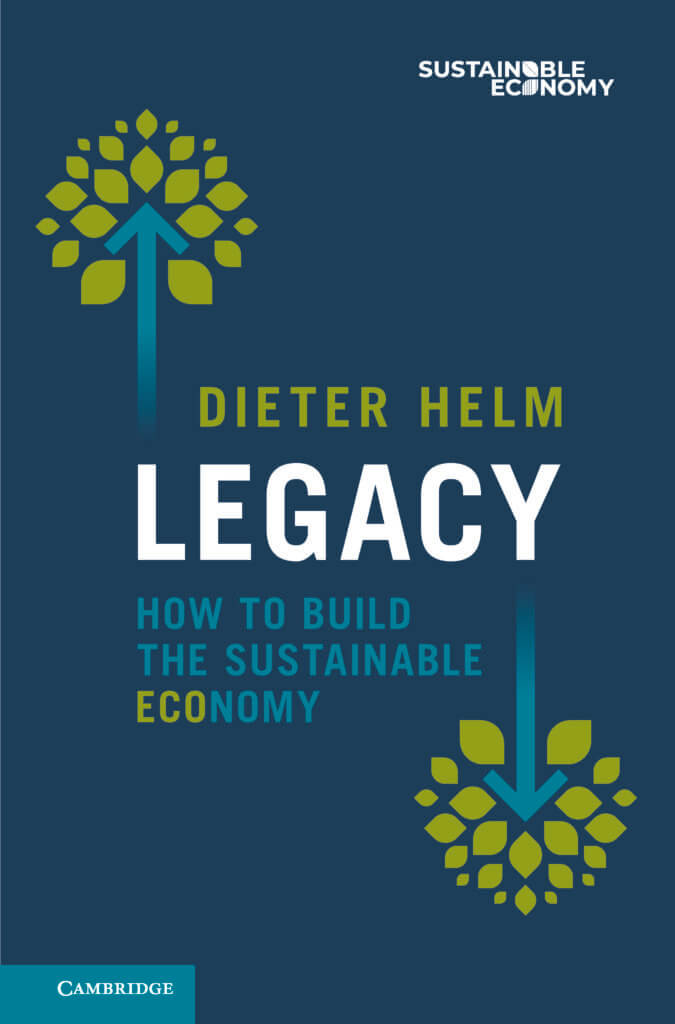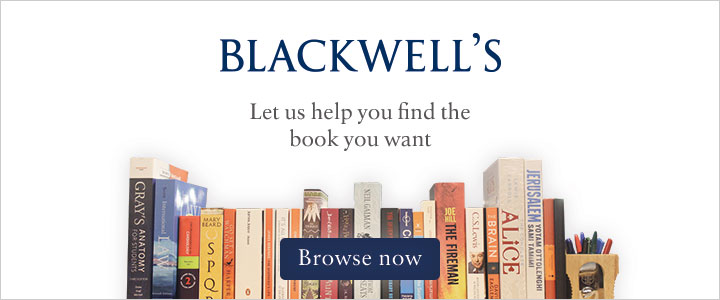
I’m not a great fan of economics because it always seems to explain things in retrospect rather than predict them in prospect but you can write that off as hauteur from one trained as a scientist if you like. But I always like Dieter Helm’s books and in 2019 I chose his Green and Prosperous Land as my Book of the Year (see here and see my reviews of two other Helm books; Natural Capital, Net Zero).
This book is challenging, as Helm always is, but the book is strongly argued, as Helm’s books always are, and it is about the biggest challenge we face – how to live sustainably on Earth (and reasonably fairly too).
I will be reading this book all year as I will have to go back to it to get the most out of it. I’ve read the first two chapters twice already, and skimmed through the others to get a feel for where we are going. The first two chapters are brilliant. The first, called simply ‘Introduction’, is a very fine scene-setter for what is to come and sets the tone of the whole book – the author hits the ground running rather than taking the first few faltering steps. The second chapter ‘The Next Generation’ is about how we should regard our impact on others, in the future. It goes to the heart of sustainability and how one addresses it intellectually and then, for those who act on their beliefs, in practice. Both of these chapters could easily change the way you think and act so I recommend that you read them.
If you do read them, you’ll read the rest of the book too as Helm is a very clear, very engaging writer. If I were a lot cleverer, and an economist, then I would want to write like Helm does as it is clear, pacey and opinionated – and about a subject so important to us that you cannot, as the reader, turn away from it in all conscience.
My ideas have to be ‘my ideas’ in the sense that although I may have got them from other people, I have to have thought them through myself and become happy with them and comfortable with them even if, in fact particularly if, they lead to uncomfortable places. There is no doubt whatsoever that Dieter Helm has thought through these views – intellect is written through these pages. But that doesn’t necessarily mean that he is right although my experience tells me that thinking a lot about things is a better route to the truth than thinking in a shallow way. Since Chapter 1 might be paraphrased as ‘Conventional economic thinking, even that which is well-established and even that of some of the great economists of our time, is poorly suited to thinking about how we can live sustainably on Earth’ then I wonder what other economists think about the approach set out in this book. Do they all roll over and say they got it wrong and Helm gets it right? What do they think? I’d really, really like to know.
At the moment I feel as though Legacy is leading me to a better understanding of how economic rules could help us get to a place I’d like to be, and avoid a place that I don’t want to be and I really don’t want my adult children and very young grandchildren to be.
The cover? It’s fine, I’d give it 7/10.
Legacy: how to build the sustainable economy by Dieter Helm is published by Cambridge University Press.
Buy direct from Blackwell’s – a proper bookshop (and I’ll get a little bit of money from them)
[registration_form]
Declaration: I know Prof Helm a little from having lived in the same village and have met him and seen him speak.
I am a fan.
He has blogs and podcasts as well as his books. He is a very clear communicator.
This country’s economy is very precarious and how on earth it is going to manage a transition to net zero is beyond me – certainly unless we deal with inequality first. To paraphrase Mark Carney – we rely on the largesse of strangers. Unless we start saving.
I do think he is rather harsh on Keynes. He got to grips with the issues of his day – the Indian economy, the post-WWI slump, the gold standard, the Depression, paying for WWII, Bretton-Woods, the US loan. Amazing for one shortened lifetime. No doubt he would be thinking about environmental economics were he alive today.